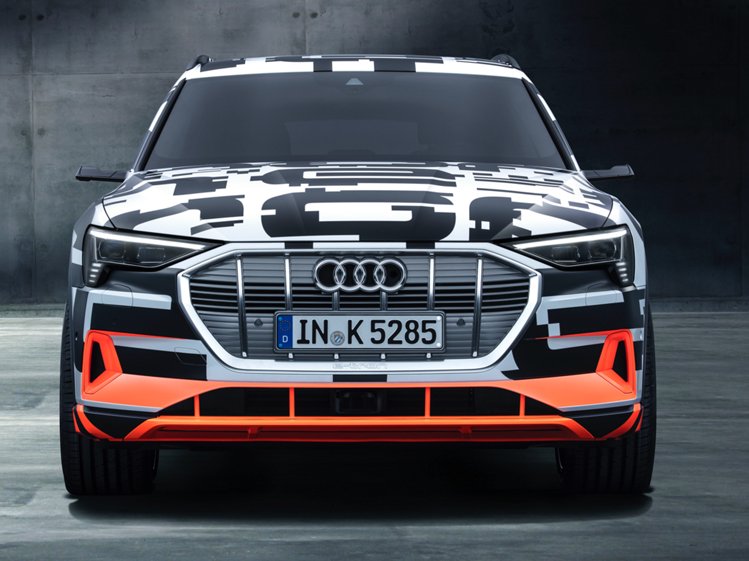According to a recent review by Euroman Driver, the Audi e-tron will beat Tesla because it can fully charge itself “in under 30 minutes.” Unfortunately, that claim seems to be a tall order to achieve for any electric car. Even if it were possible to achieve such high charging rates, the high energy battery packs will push the cost of battery pack and the car to a much higher level.
https://youtu.be/PWZXj6-Lx_A
Can the Audi e-tron fully charge in 30 minutes?
Nope. When we looked up the details on Audi’s E-Tron page, this is what we found.
“The Audi e-tron quattro concept’s 95 kWh Lithium-ion battery has a range over 310 miles, on a single charge.
The prototype can be recharged with a standard, domestic 240V socket, or via a custom wall box. Away from domestic power sources, more and more rapid-charging terminals are appearing in towns, cities, car parks and motorway service stations nationwide. At terminals with an output of 150 kW, an 80% recharge is possible within 30 minutes; a full, 100% charge can happen within 50 minutes.”
Tesla’s Charging Speed:
Tesla has been working on a new generation of Superchargers that was rumored to deliver an output of 350 kW, significantly higher than the current 145 kW capacity capped at 120 kW through on-board systems in Tesla electric vehicles.
But Elon Musk made it clear that Tesla will not be increasing output to 350 kW and that the company would instead aim for 250 kW.
“We’re definitely going to be improving our Supercharger’s technology. The thing about a 350 kW charger is that it doesn’t actually make a ton of sense, unless you got a monster battery pack or have like a crazy high C rating… We think 350 kW for a single car; you’re gonna frag the battery pack if you do that. You cannot charge a high-energy battery pack at that rate, unless it’s a very high kW battery pack. So, (for us), something along the couple of hundred, 200-250 kW, maybe.” – Elon Musk Q1-2018 Earnings Call
What is he saying?
Musk is saying that improving supercharging capacity to a higher level will require a high-energy battery pack. You get faster charging, but it also increases the price of the battery pack. Not a great trade-off for a company that wants to scale and pushing hard to reduce the cost of battery packs, the most expensive component in electric cars.
How fast can a Tesla charge?
The 85 kWh Tesla Model S needs approximately
-
20 minutes to charge to 50%,
-
40 minutes to charge to 80%
-
75 minutes to 100%
Conclusion
In a way, Audi fans could argue that their 30-minutes-to-80% beats Tesla’s 40-minutes-to-80%, but to say that it can take on a full charge in 30 minutes is misleading. Strangely, the video above looks like a promo from Audi itself, with the logo and “Audi Communications” appearing near the end. It’s not. Audi’s web page for the e-tron clearly gives charging times, and those are nowhere near what the video claims.



